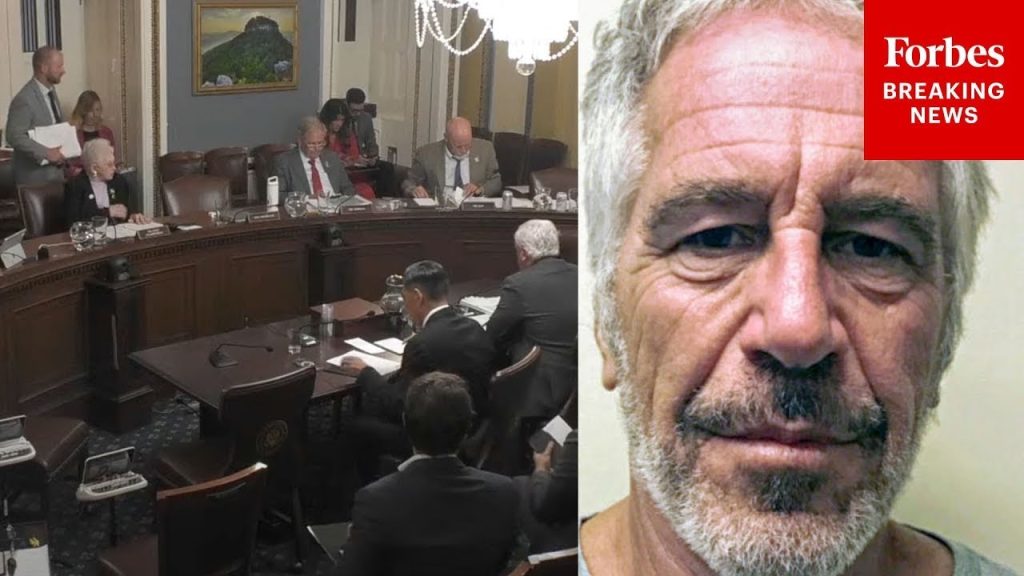In a significant turn of events during a recent Rules Committee session, Republican representatives voted down the Bipartisan Epstein Files Transparency Act, a measure aimed at shedding light on the controversial dealings involving Jeffrey Epstein and his associates. This act, designed to enhance accountability and ensure the protection of victims’ rights, was introduced by Representatives Ro Khanna and Thomas Massie. The decision to block this legislation has reignited the ongoing debate surrounding transparency in governmental dealings with sensitive information.
The committee meeting featured discussions where multiple amendments were proposed in a bid to prioritize the Epstein Files Transparency Act. During the exchange, one highlighted amendment called for the House to consider HR4405 immediately after adopting the resolution. However, the Republicans on the committee did not support the motion. Representative Khanna, who championed the act, criticized the opposition, stating that while the House oversight committee had made strides in obtaining files from Epstein’s estate, the current administration had been less forthcoming, withholding significant information that could potentially implicate powerful figures.
Representative Khanna’s remarks pointed to a perceived evasiveness from the administration, which he claimed was reluctant to disclose information related to Epstein, particularly in light of troubling documented connections, such as a “creepy birthday note” from former President Trump to Epstein. He suggested that these documents could contain vital details that the public deserves to access, particularly those that protect the rights and well-being of Epstein’s victims.
Despite the bipartisan nature of the bill, which seeks to increase transparency and accessibility of the Epstein files, Republican lawmakers have hesitated to support measures that might paint the administration or their associates in a negative light. This dynamic of reluctance to delve into sensitive subjects was palpable during the committee deliberations.
Khanna expressed optimism that Republicans would ultimately come around and support the bill through a discharge petition led by Massie, which would force a vote on the House floor without going through the committee approval process. He argued that citizens should not have to wait for political gamesmanship to resolve issues that affect victims of abuse.
The Bipartisan Epstein Files Transparency Act represents not just a legislative effort but a moral imperative for many lawmakers who believe in the necessity of accountability and openness, especially regarding matters involving such sensitive and high-profile cases. Advocates for the bill contend that the act is a crucial step toward healing for victims and survivors, fostering an environment where justice and truth can prevail.
As the controversy surrounding Epstein and the implications of his network continue to surface, the rejection of such a transparency measure has the potential to further alienate voters who demand accountability. The actions of the Rules Committee may also reflect broader partisan divides, highlighting the struggle over transparency versus political expediency.
The fallout from this vote signifies that the fight for the Bipartisan Epstein Files Transparency Act is far from over. As the discourse around transparency, justice, and accountability perpetuates, the calls for action from advocacy groups and public figures remain urgent. The hope for a platform that prioritizes victims’ rights and exposes the truth continues to energize proponents of the act, setting the stage for possible future deliberations on this pivotal issue.



